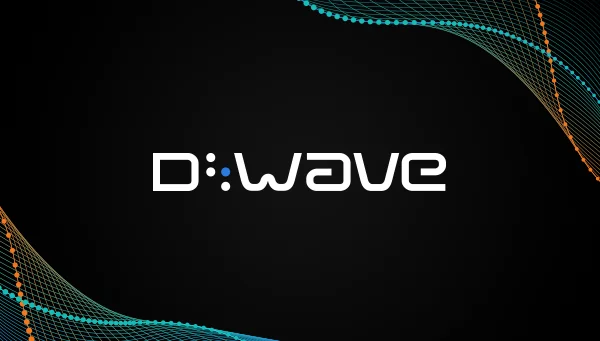
PRESS RELEASE — A Canadian deep-tech startup is officially launching with an announcement a unique platform for the control of superconducting sensors, enabling the next generation of space observation and quantum computing.
t0.technology was founded this year (2021) by three scientists and engineers, Dr. Joshua Montgomery, Prof. Matt Dobbs, and Graeme Smecher, who have spent the last decade working together at McGill University, developing ground-breaking electronics used to observe the faint afterglow of the Big Bang.
t0.technology brings innovative instrumentation techniques created for astrophysics to industry, enabling the next class of terrestrial and space-based observatories, and putting a powerful new set of tools into the hands of quantum computing researchers.
In the field of experimental astrophysics, large arrays of superconducting sensors with unparalleled sensitivity are used to observe across the X-ray, terahertz, ultraviolet, infrared, and microwave bands. They are also the building blocks for qubits and photon-number-resolving devices, which make up superconducting- and photonics-based quantum computers. However, existing commercial off-the-shelf control electronics are expensive, and unsuitable for simultaneous operation of thousands of such sensors.

This instrumentation gap is especially acute for two types of sensors that are becoming ubiquitous in astrophysics and quantum computing: Microwave Kinetic Inductance Detectors (MKIDs) and Transition Edge Sensors (TES). To operate at the massive scales required, high-performance electronics paired with specialized firmware techniques are needed, and t0.technology is the first company to offer commercial off-the-shelf solutions specifically for MKID and TES arrays.
The development of these solutions has implications for the most common form of quantum computing, which is based on superconducting qubits. These qubits have similar properties to MKIDs, but are currently operated in much smaller quantities. By using a design pioneered for MKIDs, t0.technology is able to control qubits at a fraction of the typical hardware costs, while also introducing capabilities adopted from astrophysics, including new ways to scale and implement crucial error-correcting feedback algorithms.
For space-platforms, t0.technology is rising to meet the ambitious Canadian and US priorities announced in their 2020 Decadal surveys for astronomy, both of which prioritize space missions with large arrays of TES and MKID detectors and will require space-qualified control hardware. Prior to forming t0.technology, the team led the electronics design for the space-qualified readout of the LiteBIRD Space Observatory, a Japanese Aerospace Exploration Agency (JAXA) large-class mission that will use TES arrays, slated to launch in 2029.
Though t0 is a private company, the founders adhere to values carried over from their background in academic research. “We’ve learned that the creativity of researchers is what overcomes technological hurdles between R&D and full-scale deployment, but the full potential of that creativity is only realized if they are provided with powerful tools specifically designed to enable it,” says Prof. Matt Dobbs, the Chief Science Officer. Dobbs has overseen this process of translating new innovations to full-scale operations for The South Pole Telescope, the EbEx Balloon experiment, and most recently while co-leading the ground-breaking CHIME radio telescope.
The t0.technology designs emphasize a shift from analog complexity to digital signal processing, leveraging progress in commercial hardware; “Modern signal-processing hardware is incredible, but fully taking advantage of it requires inventive firmware,” says Graeme Smecher, Chief Technology Officer and architect of the unique signal processing firmware that t0.technology uses.
Dr. Montgomery, t0.technology President, sees their multidisciplinary platform as a unique strength, “We aim to help connect some important dots. Much of the sensor technology across these fields is fundamentally the same, but used in slightly different ways. By assembling a unified set of requirements and capabilities, we have the opportunity to share the advantages in each of these disparate use-cases and empower researchers to synthesize new techniques.”
t0.technology is currently designing demonstration hardware platforms for MKIDs and quantum computing, with a road-map to prototypes in Q2-2022.
For more market insights, check out our latest quantum computing news here.












